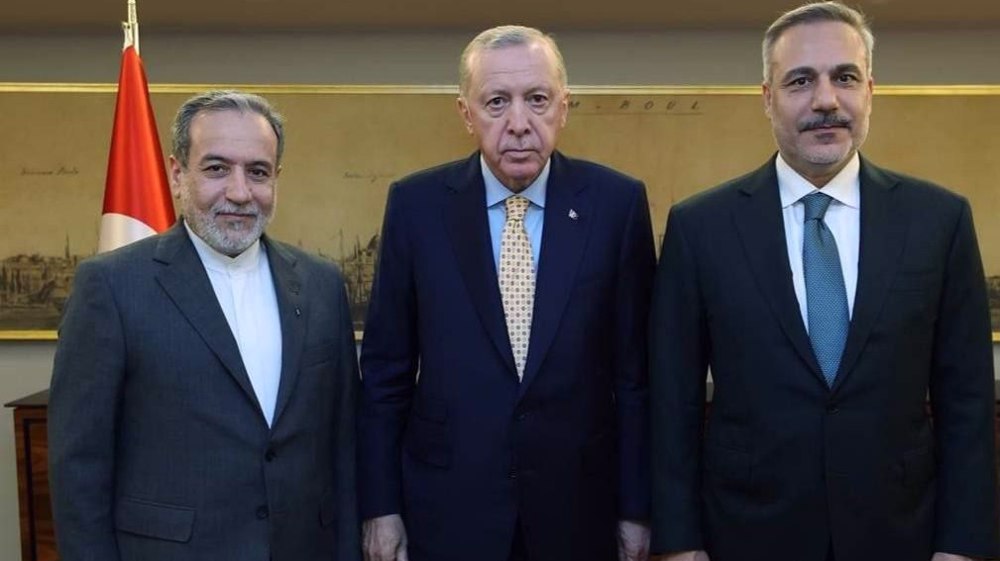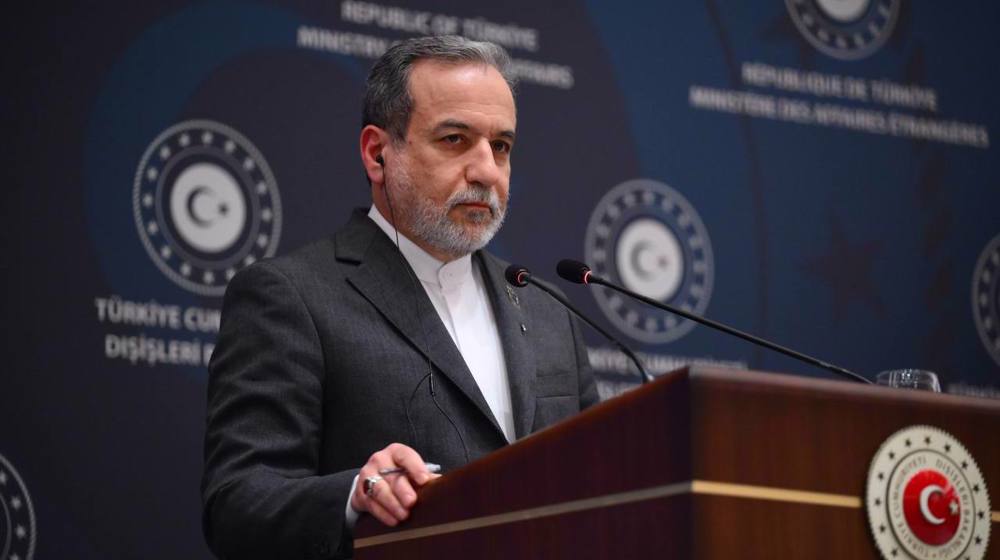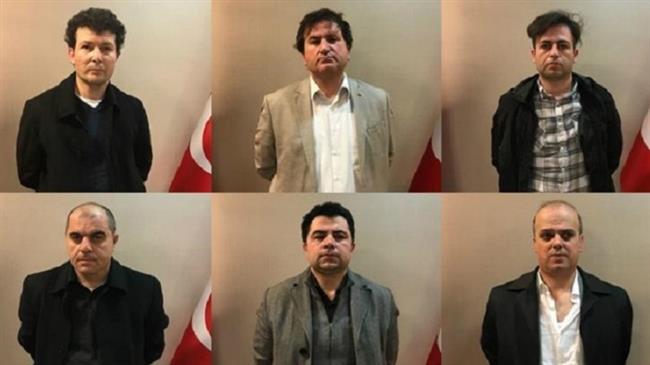18 people receive life terms in Turkey over purported killing of anti-coup soldier
A Turkish court has sentenced 18 people to life imprisonment over the purported killing of a soldier who became a national hero after he gunned down a suspected leader of the 2016 coup attempt against the government of President Recep Tayyip Erdogan.
According to Turkey's state-run Anadolu news agency, the 14th High Criminal Court in the Turkish capital Ankara on Thursday handed down aggravated life sentences to 18 suspected members of the outlawed Fethullah Gulen movement, which is blamed by Ankara for having orchestrated the coup attempt in the Anatolian country.
The report, citing an unnamed judicial source, said that the pro-coup convicts had received the sentences for “deliberately killing” of Sergeant Omer Halisdemir on the night of the botched putsch shortly after he shot dead Brig. Gen. Semih Terzi, who is described by Ankara as a senior coup plotter and purportedly broke the command chain of the plotters.
The court also found the convicts guilty of “attempting to destroy the constitutional order” by seeking to oust the Turkish government.
Halisdemir had reportedly received direct order from his superior, Gen. Zekai Aksakalli, the head of the Army's elite Special Forces command, to take down Terzi, who allegedly flew in from southeastern Turkey to take over command at Special Forces for the coup plotters.
Halisdemir has now become a national hero with parks, schools and other public places named after him. His monument, which has also become a major place of pilgrimage for visitors, was also constructed and erected in the central Anatolian region of Nigde, his home province.

The coup was launched after a faction of the Turkish military declared that it had seized control of the country and that the government was no more in charge. The attempt was, however, suppressed a few hours later.
Ankara has since accused self-exiled Gulen, 76, of having orchestrated the failed coup. The opposition figure is also accused of being behind a long-running campaign to topple the government via infiltrating the country’s institutions, particularly the army, police and the judiciary.
The US-based cleric has since strongly rejected any involvement in the coup attempt against Erdogan. However, Ankara labeled his transnational religious and social movement as the Fetullah Terrorist Organization (FETO).
The Turkish government has so far submitted several requests to the US concerning the extradition of Gulen, but Washington has refused to extradite the cleric, arguing that it has not yet received sufficient evidence, required by US courts, to hand over the cleric.
Turkey, under a state of emergency since the coup, has been engaged in suppressing the media and opposition groups suspected to have played a role in the failed coup.
Tens of thousands of people have been arrested in Turkey on suspicion of having links to Gulen and the failed coup. More than 110,000 others, including military staff, civil servants and journalists have been sacked or suspended from work over the same accusations.
The international community and rights groups have been highly critical of the Turkish president over the massive dismissals and the crackdown.
Gulen has also called on Ankara to end its “witch hunt” of his followers, a move he said is aimed at “weeding out anyone it deems disloyal to President Erdogan and his regime.”
Democrats press Trump to explain rationale behind new Iran strike amid warnings about dire risks
VIDEO | Press TV's news headlines
VIDEO | Ex-UK envoy to US arrested by British police
Department of Justice withholds, removes Epstein files that reference Trump: Probe
FM says historic opportunity at hand for unprecedented deal; vows Iran will defend sovereignty
Aid groups challenge Israeli ban that could starve Gaza, West Bank
Hamas denounces Israel’s threats to destroy resistance, slams ceasefire violations
Lebanese army orders troops to return fire after Israeli attack near border post














 This makes it easy to access the Press TV website
This makes it easy to access the Press TV website